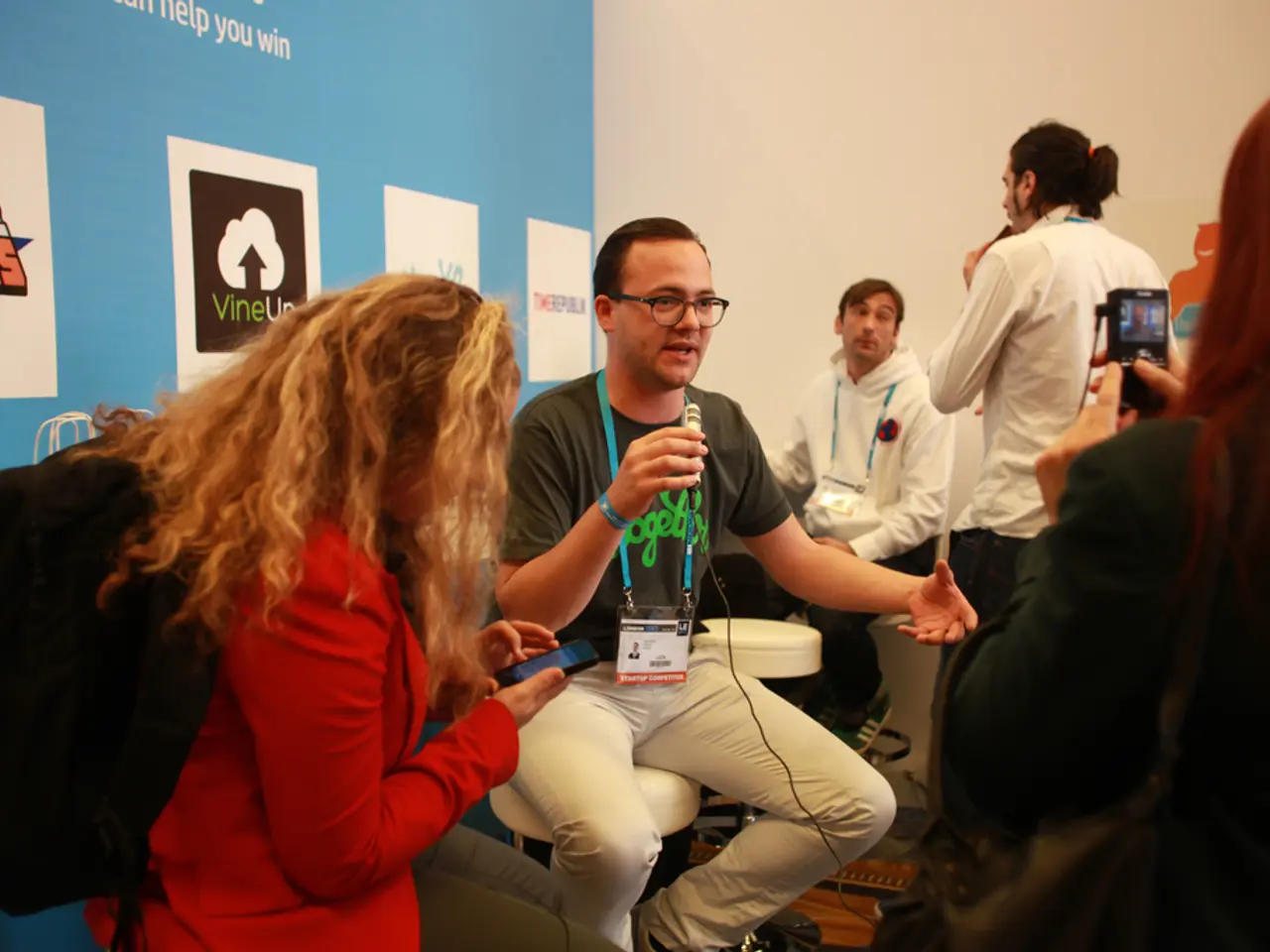Strategies for a persuasive job interview: Valuable insights to present yourself effectively
In job interviews, questions about weaknesses can often catch candidates off guard. However, by approaching these queries with a strategic mindset, you can transform a potential stumbling block into an opportunity to showcase your professionalism, growth mindset, and suitability for the role.
Firstly, it's essential to recognise that questions about weaknesses are not just about the flaw itself but reveal how you handle challenges and grow professionally. Self-awareness, honesty, and a proactive attitude toward improvement are highly valued by interviewers.
When choosing and communicating your weaknesses, it's crucial to select a genuine but strategic weakness. The ideal weakness should be real, manageable, improvable, and professional. Avoid deal-breakers or weaknesses that directly impair key job functions. For example, if applying for a writing role, it would be unwise to admit struggling with spelling.
Structuring your answer effectively can help turn a weakness into a strength. Use a 3-step framework: state the weakness clearly, provide context with a brief example, and detail your improvement plan. This approach demonstrates self-awareness and commitment to personal growth.
Avoiding canned responses is also key. Personalise your answer with concrete examples and think aloud when necessary in response to unexpected or complex questions. Keep answers concise but substantive, starting with a direct statement followed by an explanatory example or result to demonstrate impact.
Handling unknown or difficult questions requires composure and analytical thinking. If faced with a question you don't know how to answer, take a moment to think it through, possibly verbalising your thought process.
By combining these strategies, you communicate your weaknesses confidently and constructively, making the job interview an opportunity to present your authentic self and show self-reflection, self-criticism, and honesty.
Remember, employers are interested in knowing if you reflect on your own strengths and weaknesses and are honest. Mentioning more strengths than weaknesses in a job interview response is recommended, as long as they are concrete, well-thought-out, and accompanied by examples or past experiences.
Avoid exaggerations, humour, presenting a strength as a weakness, claiming to have no weaknesses, or unloading all problems onto the employer. Honesty, authenticity, and reflection are important in answering questions about your strengths. Quality is more important than quantity when it comes to the number of strengths mentioned in a job interview.
Examples of potential weaknesses include quickly getting nervous, restless, stubborn, perfectionistic, too introverted/extroverted, forgetful, indecisive, unable to say "no", unable to remember names, disorganised/chaotic, poor sense of direction, controlling, too emotional/too detached, lacking assertiveness, disliking talking on the phone, lacking professional experience, and having a gap in the resume.
Preparation is crucial for the question: "What are your strengths?" so that you don't stumble unprepared. It's recommended to stick to one or two weaknesses when asked about them in a job interview. Employers are also interested in knowing if you are willing to work on your weaknesses and ask for help to achieve the best work results.
In conclusion, by adopting these strategies, you can approach job interviews with confidence and turn potentially challenging questions into opportunities to demonstrate your professionalism, growth mindset, and suitability for the role.
- Demonstrating a growth mindset and professionalism is essential when discussing weaknesses, as it showcases self-awareness, honesty, and a commitment to personal development – key attributes valued by interviewers in the realm of education-and-self-development and career-development.
- To effectively communicate a weakness during a job interview, select a genuine but strategic weakness that is real, manageable, improvable, and professional, avoiding deal-breakers or weaknesses that directly impact key job functions, such as poor spelling in the context of a writing career.




